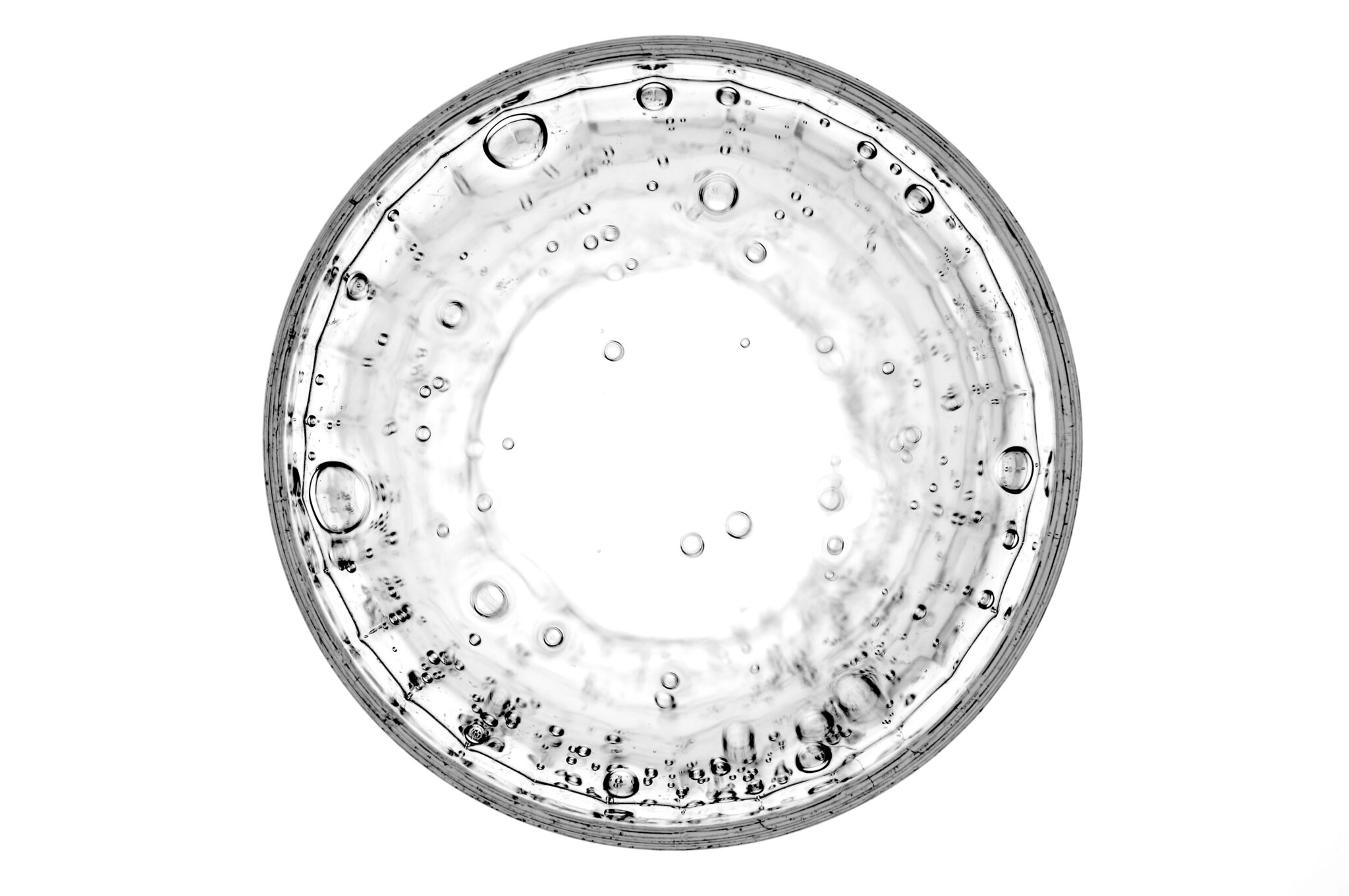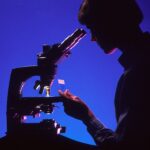Science never fails to amaze us with its endless discoveries and breakthroughs. Every month, new headlines emerge that leave us in awe and wonder. From finding a new planet within the habitable zone to understanding the complexities of the human brain, there is always something exciting happening in the world of science. In this blog post, we’ll take a look at some of the most important news stories from this month that have captured our attention and made us eager for more. So sit back, relax, and let’s dive into the fascinating world of science together!
New Planet Found in Habitable Zone
A new planet has been found in the habitable zone, or the “Goldilocks” zone, of its star system. This means that it is at just the right distance from its host star for liquid water to exist on its surface – a key ingredient for life as we know it.
The planet was discovered using NASA’s Kepler space telescope and is located about 300 light-years away from Earth. It has been named Kepler-1649c and is roughly the same size as Earth, making it one of the most similar exoplanets ever found.
While scientists don’t yet know if there is actually any life on this newly-discovered planet, they believe that studying it could give us important insights into how planets form and evolve over time. It also gives us hope that there may be more Earth-like worlds out there waiting to be discovered.
This discovery highlights just how vast and mysterious our universe truly is. Who knows what other secrets are waiting to be uncovered in the depths of space?
Water Found on Moon
In an exciting discovery, scientists have found water on the Moon. This could be a game-changer for future space missions and potentially even colonization.
The discovery was made by NASA’s Stratospheric Observatory for Infrared Astronomy (SOFIA), which detected water molecules in Clavius Crater, one of the largest craters visible from Earth.
This finding confirms long-standing theories that there is water on the Moon, but it also raises new questions about how this water got there and whether it can be extracted for use in space exploration.
One possibility is that the water came from comets or asteroids striking the Moon’s surface. Another theory suggests that solar wind may have carried hydrogen atoms to the Moon where they combined with oxygen in lunar soil to form water.
Regardless of its origin, this discovery opens up new possibilities for human exploration and scientific research beyond our own planet.
Study Shows That Spanking Children Leads to Mental Health Issues Later in Life
A recent study has shown that spanking children can have negative impacts on their mental health later in life. The study, which was conducted by researchers at the University of Michigan, found that adults who were spanked as children are more likely to experience depression, anxiety and other mental health issues.
Many parents believe that spanking is an effective form of discipline, but experts say that it can actually be harmful to a child’s development. Spanking can cause physical harm and lead to decreased self-esteem and trust between parent and child.
The American Academy of Pediatrics strongly advises against spanking as a method of punishment. They recommend positive reinforcement techniques such as praise or rewards for good behavior instead.
It’s important for parents to find alternative forms of discipline that don’t involve physical harm or emotional trauma. Talking with your child about their behavior and setting clear boundaries can help them understand what is expected of them and avoid the need for physical punishment altogether.
New Treatment for Cancer Shows Promise
A new treatment for cancer has been making headlines recently and it is showing great promise. Researchers have found that a type of immunotherapy, called CAR-T cell therapy, can help fight certain types of cancer.
The treatment involves taking immune cells from the patient’s blood and genetically modifying them to target cancer cells specifically. These modified immune cells are then infused back into the patient’s body where they seek out and destroy cancerous cells.
This approach has shown promising results in clinical trials with patients who had previously failed standard treatments or had advanced-stage cancers. In some cases, the CAR-T therapy even resulted in complete remission of the disease.
However, there are still some challenges to overcome such as potential side effects and high costs associated with this type of treatment. Nevertheless, this breakthrough offers hope for those affected by various types of cancer.
It is exciting to see how science continues to advance towards finding better ways to treat life-threatening illnesses like cancer. With further research and development, we may be one step closer towards finding a cure for this devastating disease.
Scientists Are Getting Closer to Understanding the Human Brain
The study of science constantly brings new breakthroughs and discoveries that change our understanding of the world. From finding a new planet in a habitable zone to discovering water on the moon, this month has been no exception. However, one of the most exciting developments is how scientists are getting closer to understanding the human brain.
Through advancements in imaging technology and years of research, scientists are making progress in mapping out neural networks and understanding how they function. This knowledge could lead to groundbreaking treatments for neurological disorders such as Alzheimer’s and Parkinson’s disease.
As we continue to learn more about our own brains, there is potential for an even greater impact beyond just treating illnesses. A deeper understanding of how we think and make decisions could lead to advancements across industries from marketing to artificial intelligence.
The headlines from this month show us that science never ceases its quest for discovery and innovation. Each development brings with it hope for a better future through improved health, technology or simply expanding our knowledge of the universe around us. It will be fascinating to see what other groundbreaking discoveries lie ahead in scientific research!







